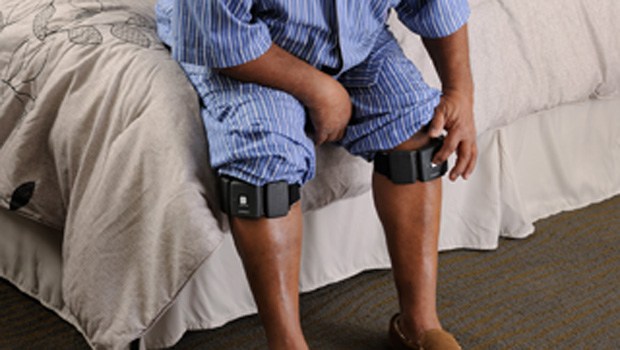Diabetic Peripheral Neuropathy Can Trip You Up

A new study has shown that adults with diabetic peripheral neuropathy (DPN) are at greater risk of falling during day-to-day activities; this is because they are more likely to have impaired balance.
Peripheral neuropathy is common in people with diabetes; it’s caused by excess glucose in the bloodstream, which damages the walls of small blood vessels in the body. It tends to surface the longer someone has lived with diabetes. This condition is most commonly felt in the feet and hands, and symptoms can include numbness, burning or prickling sensations, sharp pain, cramps, and loss of balance.
According to a Healio article, researchers examined people’s balance during three exercises – stair ascent, stair descent, and level walking. The researchers studied 22 participants with diabetes and DPN, 39 people with diabetes but without DPN, and 28 people without diabetes. During stair ascent, participants with DPN tended to lean slightly more forward than people with diabetes who didn’t have DPN or than people who had neither diabetes nor DPN. Overall, researchers observed that those with diabetic peripheral neuropathy had more of a tendency to fall sideways.
No one likes to think about falling, but if you have diabetic peripheral neuropathy you need to know that you may be at greater risk of it. To combat this, you can do exercises to strengthen your core and to improve your balance; this should be done carefully and with medical oversight. You can also examine your home environment to “fall-proof” your home by removing potential tripping hazards.




